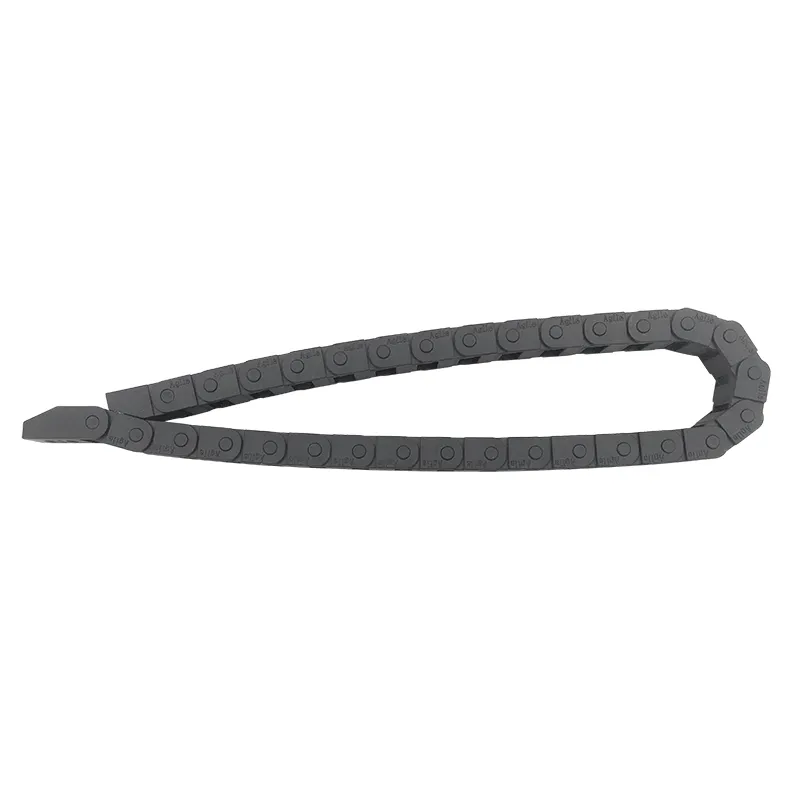Advancements in Conveyor Technology for Enhanced Machine Chip Handling Efficiency
The Evolution and Impact of Machine Chip Conveyors in Modern Manufacturing
In the fast-paced world of modern manufacturing, efficiency and precision are paramount. One of the key components that facilitate these qualities is the machine chip conveyor. These specialized systems play a crucial role in managing the byproducts of machining processes, ensuring that production lines remain efficient and uncluttered. This article delves into the evolution, functionality, and impact of machine chip conveyors on contemporary manufacturing practices.
Understanding Machine Chip Conveyors
Machine chip conveyors are designed to transport chips, shavings, and other debris generated during machining operations. These materials can originate from various processes, including milling, turning, and grinding. If left unmanaged, the buildup of these byproducts can lead to operational inefficiencies, increased production costs, and potential damage to machinery. Thus, the role of chip conveyors becomes essential in maintaining a streamlined workflow.
There are several types of machine chip conveyors, each tailored to specific processes and requirements. The most common types include belt conveyors, screw conveyors, and magnetic conveyors. Each design caters to different materials and operational constraints, ensuring that manufacturers can find a suitable solution for their needs.
The Evolution of Machine Chip Conveyors
The technology behind machine chip conveyors has evolved significantly over the years. In the past, manual handling was the primary method for dealing with machining byproducts, which was labor-intensive and inefficient. The introduction of automated systems marked a significant turning point, allowing manufacturers to reduce labor costs and increase productivity.
With advancements in materials technology, conveyor systems have become more durable and efficient. For instance, modern chip conveyors are often constructed from high-strength materials that can withstand the harsh conditions commonly found in machining environments. Additionally, the integration of sensors and smart technology has enabled manufacturers to monitor the status of the conveyors in real-time, facilitating predictive maintenance and reducing downtime.
machine chip conveyor

Functionality and Benefits
The primary function of machine chip conveyors is to remove and transport metal shavings away from the machining area. By automating this process, manufacturers can maintain cleaner workplaces, enhance safety, and minimize the risk of equipment damage caused by chip accumulation. Moreover, effective chip management contributes to a more organized workspace, allowing operators to focus on production rather than waste management.
The benefits extend beyond cleanliness and safety. Efficient chip conveyors can also help recover valuable materials. For instance, metal shavings can often be recycled, providing an additional revenue stream for manufacturers. By properly managing machining byproducts, companies can contribute to sustainability efforts while simultaneously enhancing their bottom line.
Impact on Modern Manufacturing
The impact of machine chip conveyors on modern manufacturing cannot be overstated. In an industry where precision and efficiency are critical, these systems play a vital role in enhancing overall productivity. They enable manufacturers to maximize machine uptime, reduce operational costs, and improve the overall quality of the end product.
Furthermore, as manufacturers increasingly adopt automation and smart manufacturing principles, the role of machine chip conveyors is only set to grow. They can integrate seamlessly with other automated systems, such as robotics and advanced machine tools, creating a cohesive production environment. This integration not only streamlines operations but also provides valuable data insights that can be leveraged for continuous improvement.
Conclusion
In conclusion, machine chip conveyors are an indispensable component of modern manufacturing processes. Their evolution from manual handling systems to advanced automated solutions has significantly transformed the way manufacturers manage machining byproducts. By enhancing efficiency, safety, and sustainability, these systems play a crucial role in shaping the future of manufacturing. As technology continues to advance, the importance of machine chip conveyors will only continue to grow, making them a fundamental aspect of successful manufacturing strategies. Embracing these innovations is essential for companies looking to stay competitive in an increasingly demanding market.








